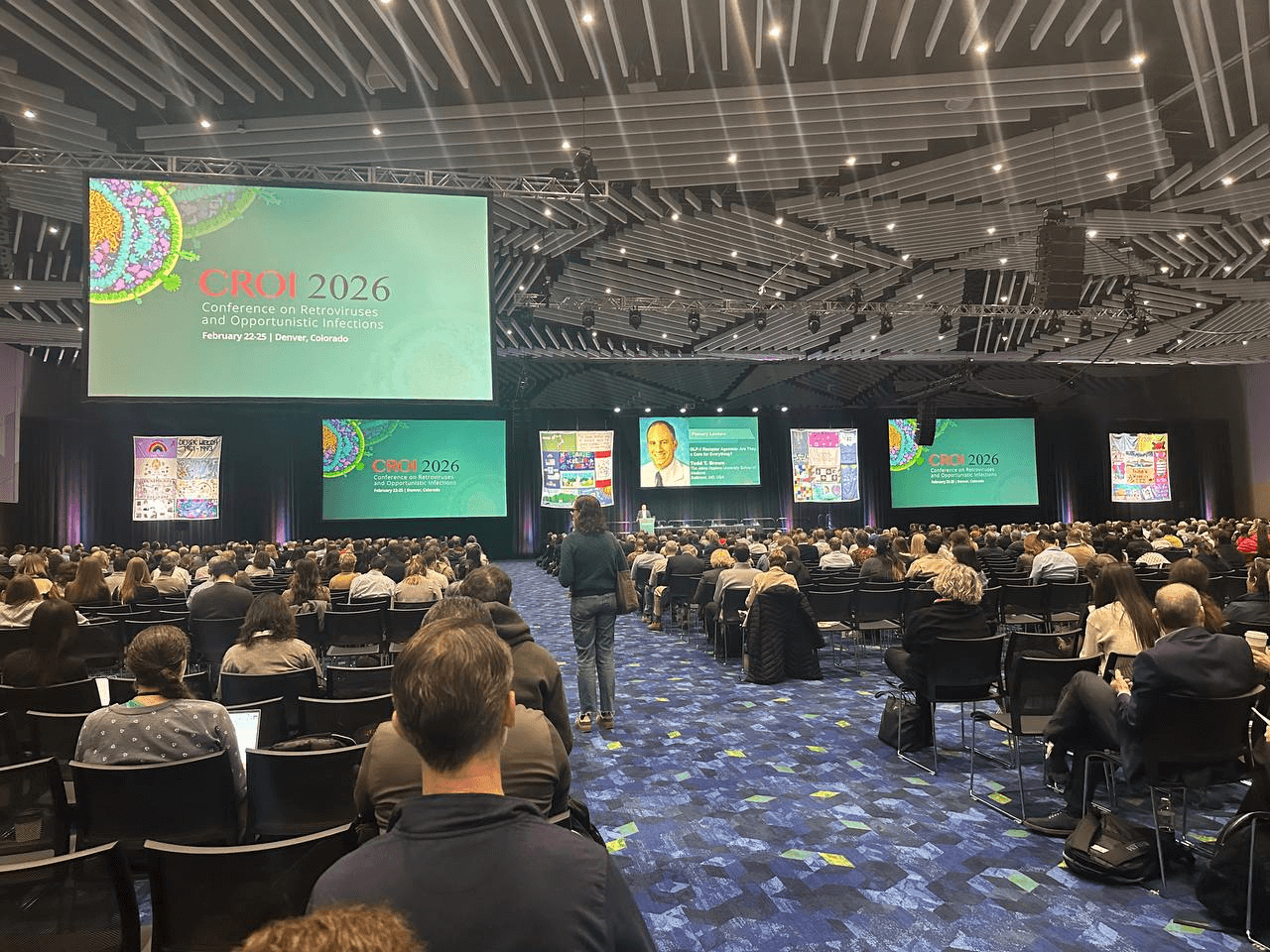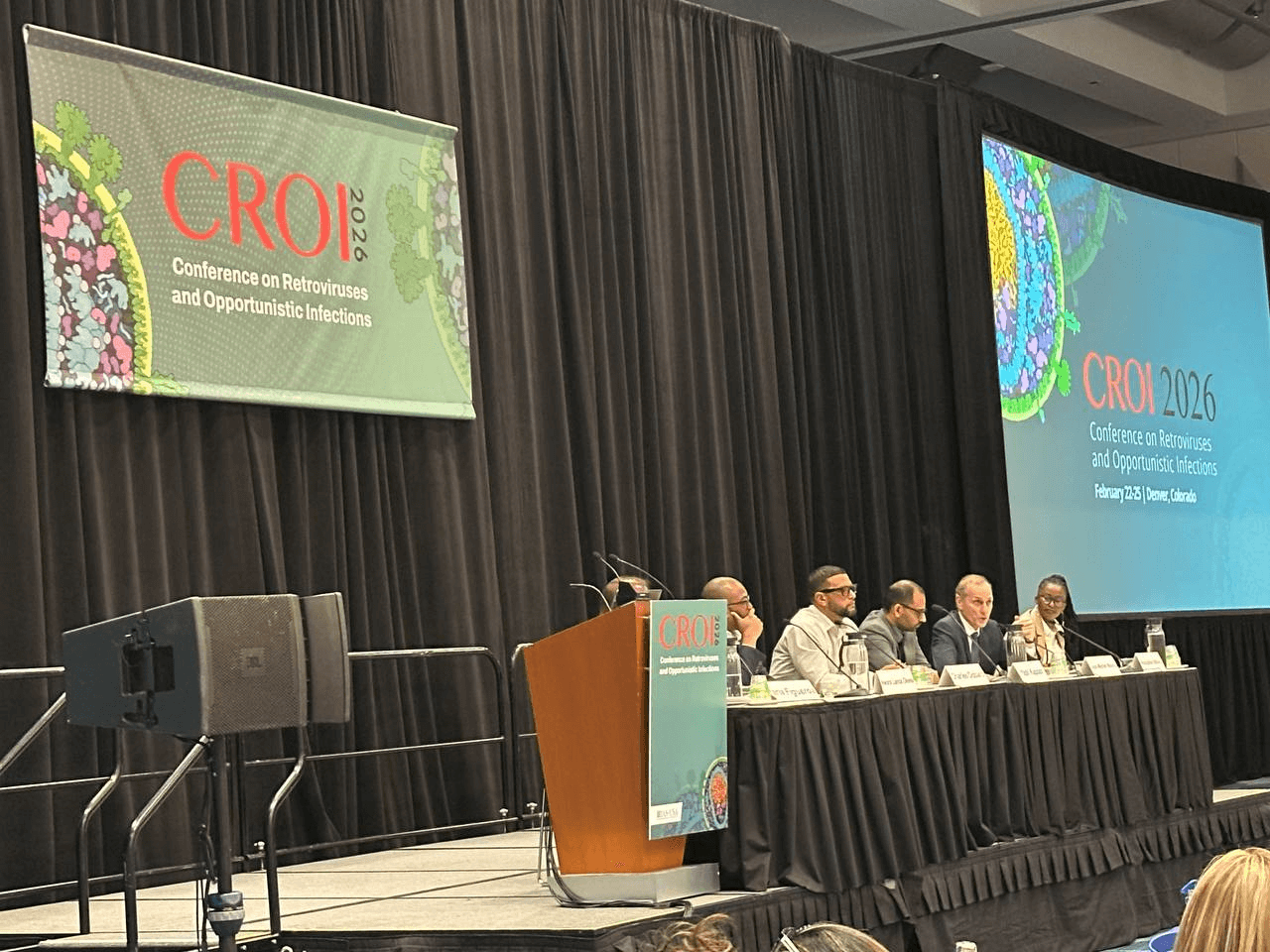U.S. National Cancer Institute Establishes Biobank For HIV Malignancy Research in Sub-Saharan Africa

The Sub-Saharan Africa Regional Biorepository aims to collect proactively, manage and process biospecimens representing both AIDS-defining cancers (e.g., Kaposi’s sarcoma, non-Hodgkin lymphoma, cervical cancer) and non-AIDS-defining cancers (e.g., lung cancer, breast cancer, colon cancer), as well as associated clinical data. The biobank established in the Division of Anatomical Pathology, National Health Laboratory Service (NHLS), at Tygerberg Academic Hospital, a teaching hospital for the Faculty of Medicine and Health Sciences at Stellenbosch University in Cape Town, South Africa.
Sub-Saharan Africa has one of the highest incidences of HIV infection in the world. Despite improved life expectancy from increased access to antiretroviral therapy, the region will most likely see an increase in HIV-associated cancers, as is currently the case in many developed countries. The researchers hope collected biological samples will help to speed up HIV malignancy research.
The long-term plans of the Sub-Saharan Africa Regional Biorepository include collecting specimens from other sites in the Western and Eastern Cape provinces as well as the rest of South Africa, and eventually all of Sub-Saharan Africa. It is a resource that will benefit researchers, patients and communities in Africa. Through collaboration, the biobank will also develop unique specimen collections and clinical data sets to promote multi-institutional collaborative research in HIV-related cancers.



